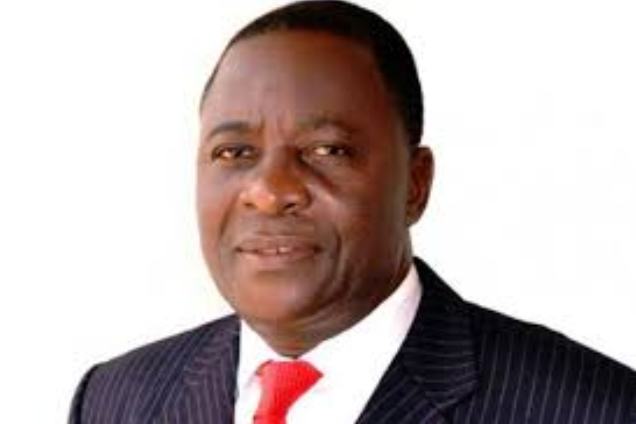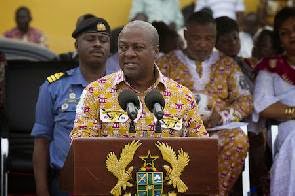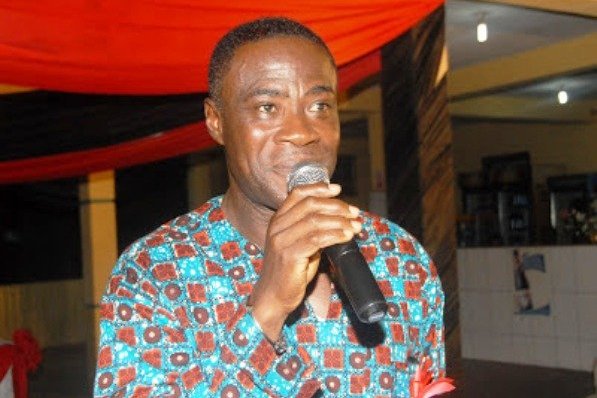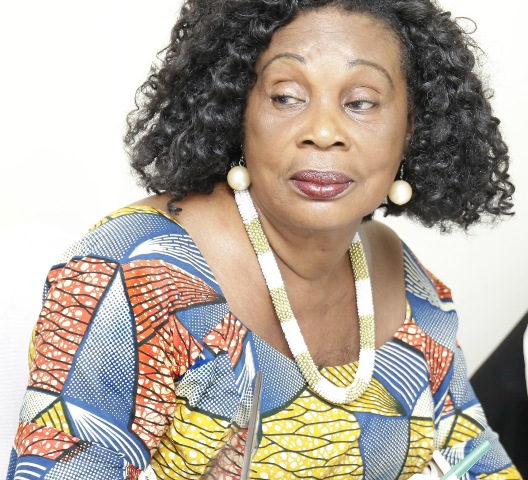Enforce strict separation of powers – MPs
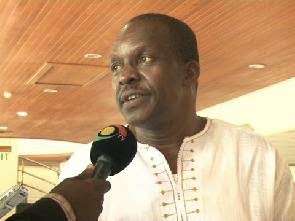
|
Getting your Trinity Audio player ready...
|
Two members of the leadership of Parliament have called for strict
separation of powers between the Executive and Legislative arms of
government to make the law-making body more assertive, independent and
play an effective oversight role.
The Majority Leader, Mr Alban S.K. Bagbin, and a Deputy Minority Whip,
Mr Ignatius Baffour-Awuah, said the current constitutional arrangement
did not make the Legislature independent of the Executive and added that
if Ghanaians felt that the current situation did not inure to their
benefit, then there was the need to strictly separate the powers of the
two arms of government.
They were speaking at a dialogue organised by the National Commission
for Civic Education (NCCE) on the effectiveness of Parliament.
The dialogue, the third in two years, was on the theme, “Assessing the effectiveness of Parliament in Ghana’s democracy.”
It was held on the findings of a study carried out by the NCCE in 2014
which revealed that generally Ghanaians were fairly satisfied with the
performance of Parliament in terms of its core duties.
Most importantly, it revealed that only 25 per cent of Ghanaians were
of the view that Parliament performed its oversight functions
effectively
A former Second Deputy Speaker of Parliament, Prof. Mike Oquaye, expressed similar views.
The views
Mr Bagbin said Ghanaians were reaping what they had sown and added that
the Parliament created by the 1992 Constitution was not conceived to be
an independent body.
That was the reason, he said, that some members of Parliament were also part of the Executive.
“So in the game plan, MPs are not called upon to be at the throat of ministers,” he said.
To act as an effective check over the activities of the Executive arm, he said, Parliament needed resources.
Unfortunately for the law-making body, he added, the purse of the
government was in the “custody” of the Executive which Parliament was
expected to oversee.
With such an arrangement, he said, it was not surprising that the
Executive arm was not always willing to release funds, a situation which
“crippled” Parliament.
Mr Bagbin intimated that the current constitutional arrangement was not
the creation or an arrangement of Parliament but of Ghanaians.
He said to change the current system, there was the need for a
constitutional amendment to ensure a strict separation of the powers of
the two bodies.
Mr Baffour-Awuah agreed with many of the sentiments expressed by Mr
Bagbin and said the problem of the inability of Parliament to exercise
its watchdog role effectively, especially in the area of finance, began
with the budget.
He said the legislative body needed to be involved in the drafting or
preparation of the budget and not be just an assembly which
rubber-stamped the financial statement of the Executive arm.
For Parliament to assert itself, he said, there was the need for strict separation of powers.
Prof. Oquaye, who was a member of the audience, said the creation of a
form of hybrid system of government by the Constitution made scrutiny
almost impossible.
As soon as possible, he said, there was the need to amend the Constitution so that no MP would be a member of the Executive.
“How can you scrutinise or oversee the Executive when you are a member of the Executive,” he asked.
Report launch
Launching the report on the findings earlier, the Head of the European
Union delegation to Ghana, Mr William Hanna, was full of praise for all
organs promoting democracy in Ghana, especially the NCCE.
He said the EU would continue to support the growth of democracy in
Ghana through funding of various organisations and capacity building.
Credit: Graphic Online

